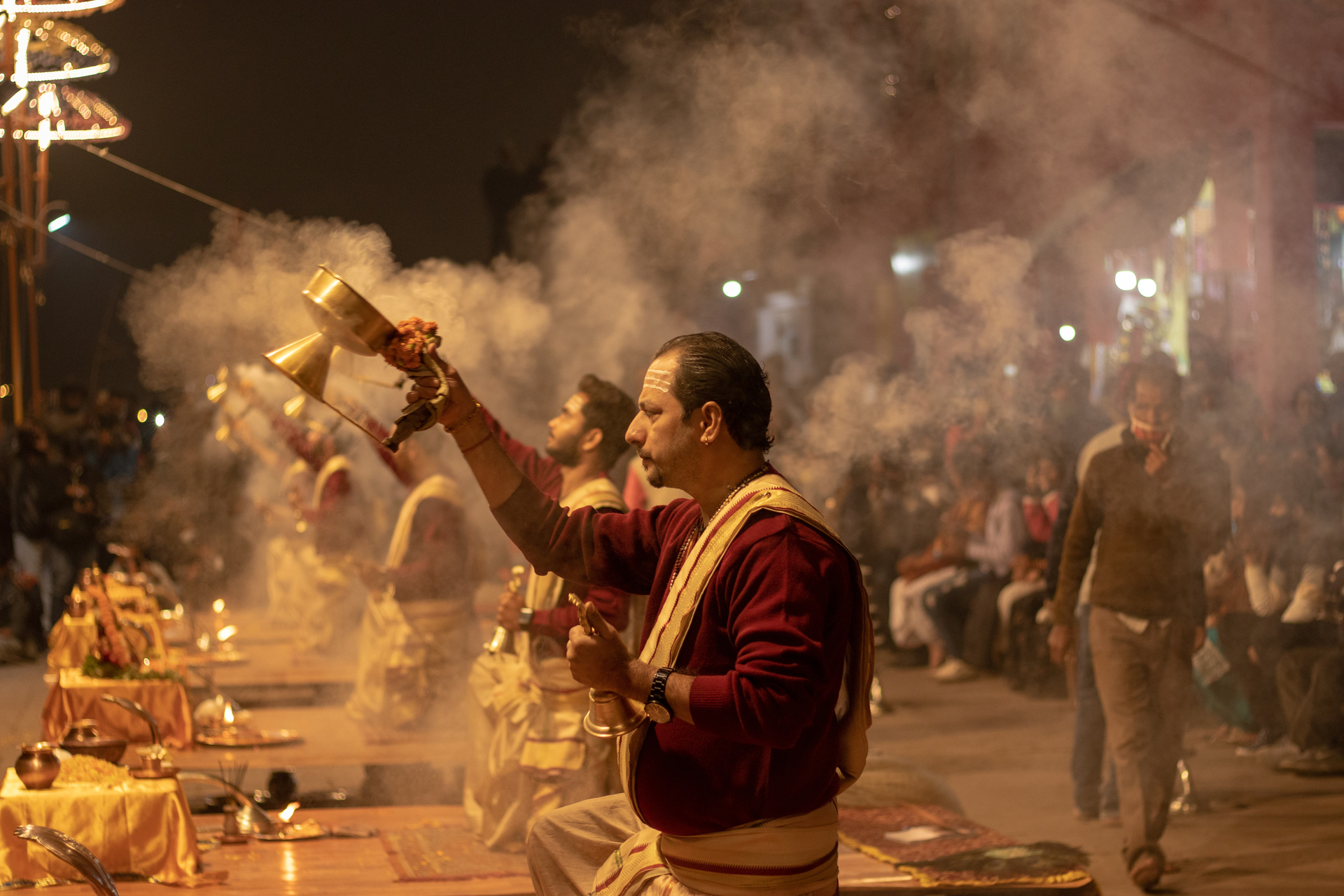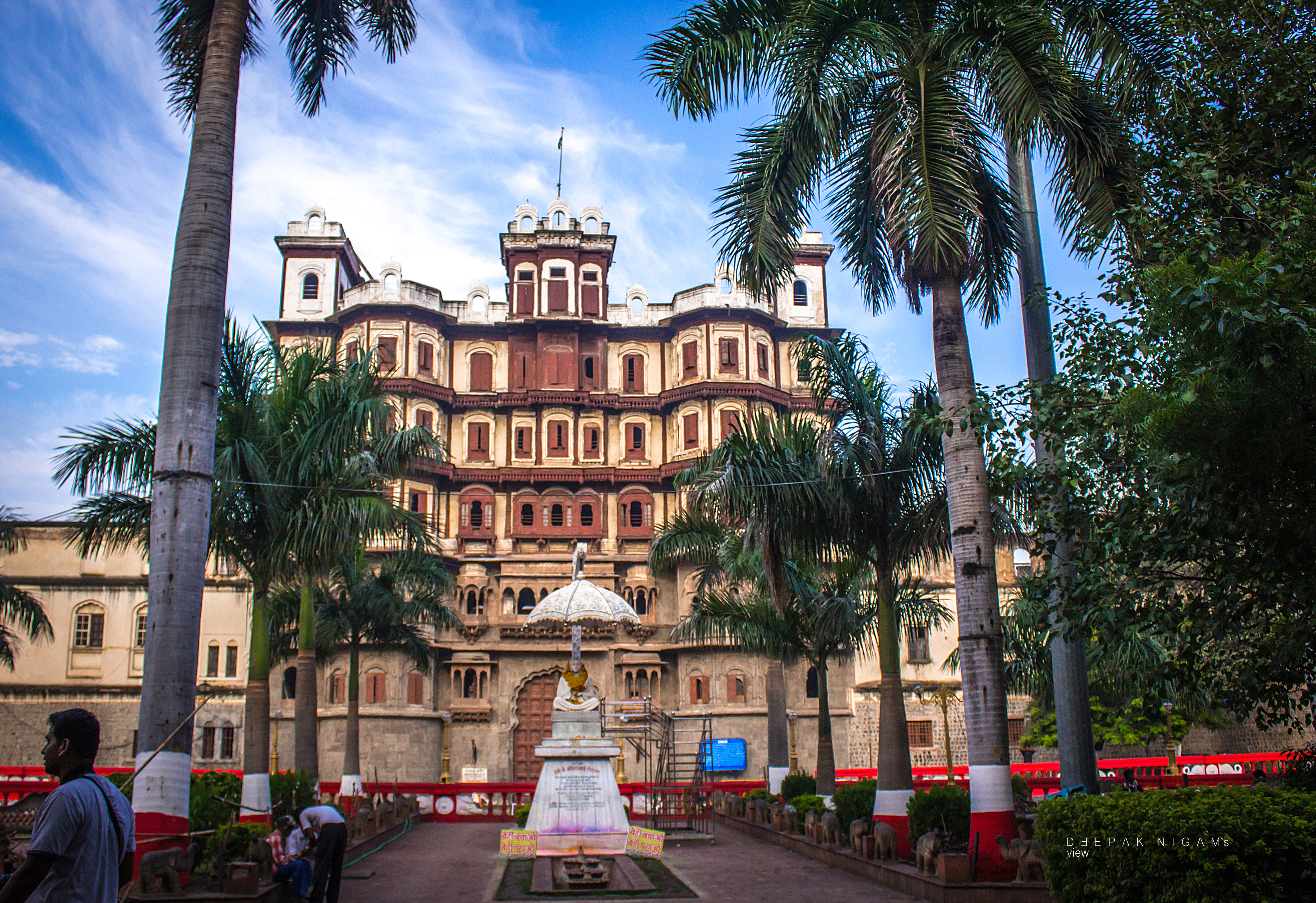The importance of Shradh 2023 and Pitru Paksha
Saiansh Arya • 2023-09-11
Pitru Paksha, a period of deep significance in Hinduism, is a fortnight dedicated to remembering and expressing gratitude to our ancestors. In Hindu tradition, it is believed that when the Pitrus, or ancestors, are satisfied and blessed, their families experience happiness, prosperity, and peace. This spiritual practice involves performing Shradh rites and Pind Daan, and it plays a vital role in the religious and cultural fabric of Hindu society.
The Essence of Shradh and Pitru Paksha
Shradh, a term synonymous with reverence, marks the beginning of Pitru Paksha. During this time, Hindus express their reverence for their ancestors, seeking their blessings. According to Hindu beliefs, the souls of the three preceding generations of one's ancestors reside in Pitruloka, a realm between heaven and earth. Yama, the god of death, governs this realm and guides the souls of the departed from the earthly plane to Pitruloka.
Upon the death of a person from the next generation, the first generation's souls ascend to heaven, reuniting with the divine. Consequently, Shradh offerings are not presented to them. As a result, only three generations in Pitruloka receive the Shradh rites, with Yama playing a pivotal role in this process.
The Celestial Alignment of Pitru Paksha
Hindu mythology dictates that Pitru Paksha commences when the Sun enters the zodiac sign of Virgo. It is believed that during this time, the souls of ancestors temporarily leave Pitruloka to reside in the homes of their descendants for a month. Their stay concludes when the Sun transitions into Scorpio and a full moon appears. The first half of the dark fortnight is dedicated to appeasing these ancestral spirits.
A famous legend from the Mahabharata reinforces the significance of Pitru Paksha. When the great donor Karna passed away, his soul ascended to heaven. However, he was perplexed when he was offered gold and gems as food by Lord Indra. Karna's query revealed that he had never donated food to his ancestors in Shradh, as he was unaware of their identity. In response, Karna was granted a 15-day return to Earth, which is now recognized as Pitru Paksha, to perform Shradh and offer food and water in his ancestors' memory.
Rites of Shradh
The performance of Shradh is a meticulous process. The individual conducting the ritual should undergo purification and wear traditional attire, such as a dhoti. A ring made of Darbha grass is worn, symbolizing the invitation of ancestral spirits. The Shradh ceremony typically involves Pind Daan, where offerings of Pindas (balls of cooked rice and barley flour mixed with ghee and black sesame seeds) are made to the ancestors. Water is then poured around the food by hand.
The worship of Lord Vishnu (represented as Darbha grass, a gold idol, or a Shaligram stone) and Yama follows, and the food is divided into portions. Some is offered to crows, considered messengers of Yama or the souls of ancestors. Additionally, cows and dogs are fed, and Brahmin priests are provided with nourishment. After these rituals, family members partake in the food.
Choosing the Right Day for Shradh
Shradh is performed on specific lunar days during Pitru Paksha, coinciding with the anniversary of a deceased ancestor's passing, usually a parent or paternal grandparent. Exceptions to this rule exist, with specific days allocated for those who passed away in unique circumstances or held certain statuses in life.
Key Rituals and Traditions
- Tarpana: Tarpana is one of the central rituals during Shraadh. Families offer water, sesame seeds, and black sesame seeds to their ancestors while reciting specific prayers. This act symbolizes the nourishment of the souls in the afterlife.
- Feeding the Departed: Another essential custom is feeding Brahmins and the needy. Families prepare food and offer it to these individuals as a way to symbolize their offerings to the departed souls. This act is considered highly meritorious and serves as a way to earn blessings.
- Pinda Daan: Pinda Daan involves offering rice balls to the ancestors. This ritual is performed by the eldest son of the family, who is responsible for ensuring the spiritual welfare of his departed parents.
- Visiting Holy Places: Many people embark on pilgrimages to sacred rivers and places during Shraadh to perform rites and offer prayers for their ancestors. The Ganges River is especially revered for such rituals.
- Fasting: Some individuals observe a partial or full fast during Shraadh as an act of penance and to seek forgiveness for any wrongdoings.
Pitru Paksha in 2023
In 2023, Pitru Paksha falls in the Hindu lunar month of Bhadrapada, following Ganesh Utsav. It commences on Friday, September 29th, and concludes on Saturday, October 14th. This period precedes the nine-day festival of Navratri.
Shradh Dates in Pitru Paksha 2023
- Friday, 29th September - Purnima Shraddha
- Friday, 29th September - Pratipada Shraddha
- Saturday, 30th September - Dwitiya Shraddha
- Sunday, 1st October - Tritiya Shraddha
- Monday, 2nd October - Chaturthi Shraddha
- Tuesday, 3rd October - Panchami Shraddha
- Wednesday, 4th October - Shashthi Shraddha
- Thursday, 5th October - Saptami Shraddha
- Friday, 6th October - Ashtami Shraddha
- Saturday, 7th October - Navami Shraddha
- Sunday, 8th October - Dashami Shraddha
- Monday, 9th October - Ekadashi Shraddha
- Tuesday, 10th October - Magha Shraddha
- Wednesday, 11th October - Dwadashi Shraddha
- Thursday, 12th October - Trayodashi Shraddha
- Friday, 13th October - Chaturdashi Shraddha
- Saturday, 14th October - Sarva Pitru Amavasya
Pitru Paksha is a period of profound spiritual significance in Hinduism, reminding us of the importance of honouring our ancestors and seeking their blessings. By performing Shradh and Pind Daan during this fortnight, Hindus continue to uphold this cherished tradition that bridges the gap between generations and fosters spiritual connectivity with their forebears.
See More Posts
a GENUINE ASTROLOGY platform
Orion Digital Solutions, 2024. All rights reserved.




